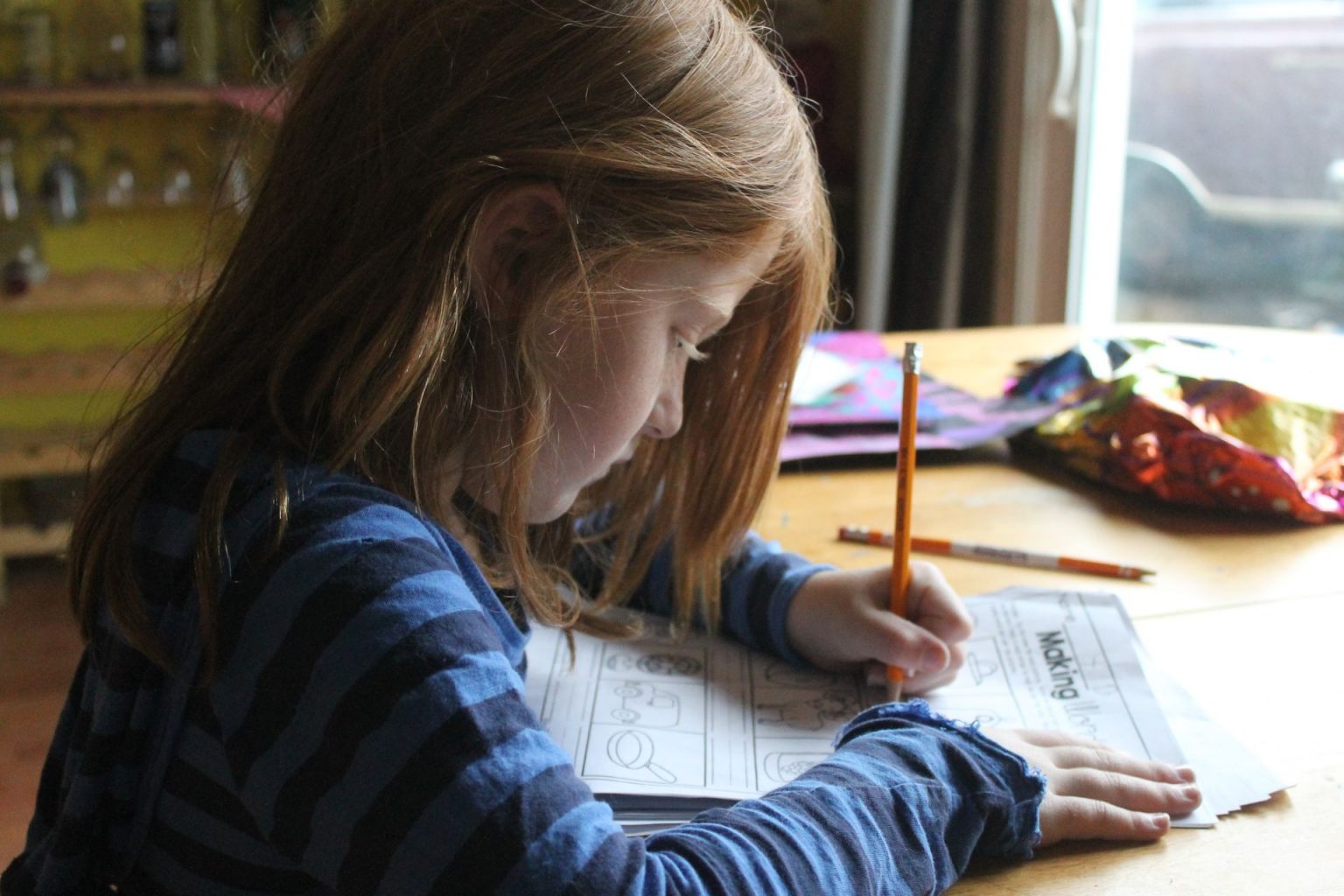 If your child struggles in school then it’s likely that any number of tense thoughts plague your mind: Is there something more I can do as a parent? Is there some kind of serious intervention that’s needed? Do I look for outside help? Should I send them to a private school?
If your child struggles in school then it’s likely that any number of tense thoughts plague your mind: Is there something more I can do as a parent? Is there some kind of serious intervention that’s needed? Do I look for outside help? Should I send them to a private school?
Certainly, for some children, these kinds of questions are appropriate. However, more often than not, it can be the simple, often overlooked factors that can lead to the most positive and lasting changes when it comes to improving your child’s study skills and grades. While we can draw upon a long list of all the things parents can do to provide support for their child at home, here are the three most common and effective ways parents can help their kids do better at school.
1) Study skills and organization
I have always found it both perplexing and disturbing how essential study skills and organization skills are not taught with any degree of depth in most schools. After all, how can we simply assume that the average student understands how to effectively manage his or her own time, or prioritize, or complete homework with accuracy and efficiency without direction?
If we, as adults, find these tasks to be challenging at times, how much more difficult is it for the average elementary or high school student? Study skills are integral in improving school grades for kids and teens.
In over 80 per cent of those students who earn unsatisfactory grades, a lack of proper and consistent organization and study skills is the main culprit. Parents can utilize many resources to help teach their child these essential skills to improve homework assignments and overall school grades.
Consistency is the key and, like any human, kids are prone to occasional bouts of “forgetfulness” so always monitor and, if necessary, correct, remind and get him or her back on track.
2) Review school and homework daily
Children engage in a lot of activity during the school day. Over the course of an average school day an elementary-aged child will have sat through lessons in math, social science, language arts and so on. Add to this Physical Education, recess break, lunch and all of the normal distractions that accompany a classroom full of students and it should come as no surprise that a young student may have difficulty keeping track of everything that was taught that day.
Reviewing school lessons and homework assignments with your child each day after school is one of the most effective and efficient methods to help solidify what was learned that day.
Sitting with your child and talking about schoolwork for as little as 15 to 20 minutes after school can have many benefits that will help improve school grades. It can reinforce lessons learned in the classroom, it can ensure they are completing any homework assigned that day, it can provide a clear indication of any learning gaps, it can help prevent you, as the parent, from being in the dark regarding your child’s overall performance in school, and it can improve parent-teacher communication.
3) Practice homework assignments
There is much truth to the expression “practice makes perfect.” While we’ve discussed the benefits of reviewing school work each day, practice helps to solidify learning. While your child may think she understood the math lesson taught in school that day, she might discover that, in practice, something was missed. I often liken it to driving. A new driver can sit as a passenger for years, watching and making note of what the driver does. However, we would never expect a new driver to be given a license until he or she has adequately practiced and mastered the skills to become a competent and safe driver.
As you can see, these three methods to helping your kids do better at school are closely linked. A child who is organized and has a grasp of study skills is far better prepared to review school lessons. In turn, the review process reveals much about what skills a child has already mastered and what needs further attention. From there, practice becomes the cement through which learning gaps can be filled and solidified.
To learn more about how to help your kids study, including tips on how to improve concentration levels, please visit ourkids.net.
3 Effective strategies to help kids improve their grades was originally posted by ourkids.net. Our Kids is Canada's trusted source for information on private schools and summer camps.










